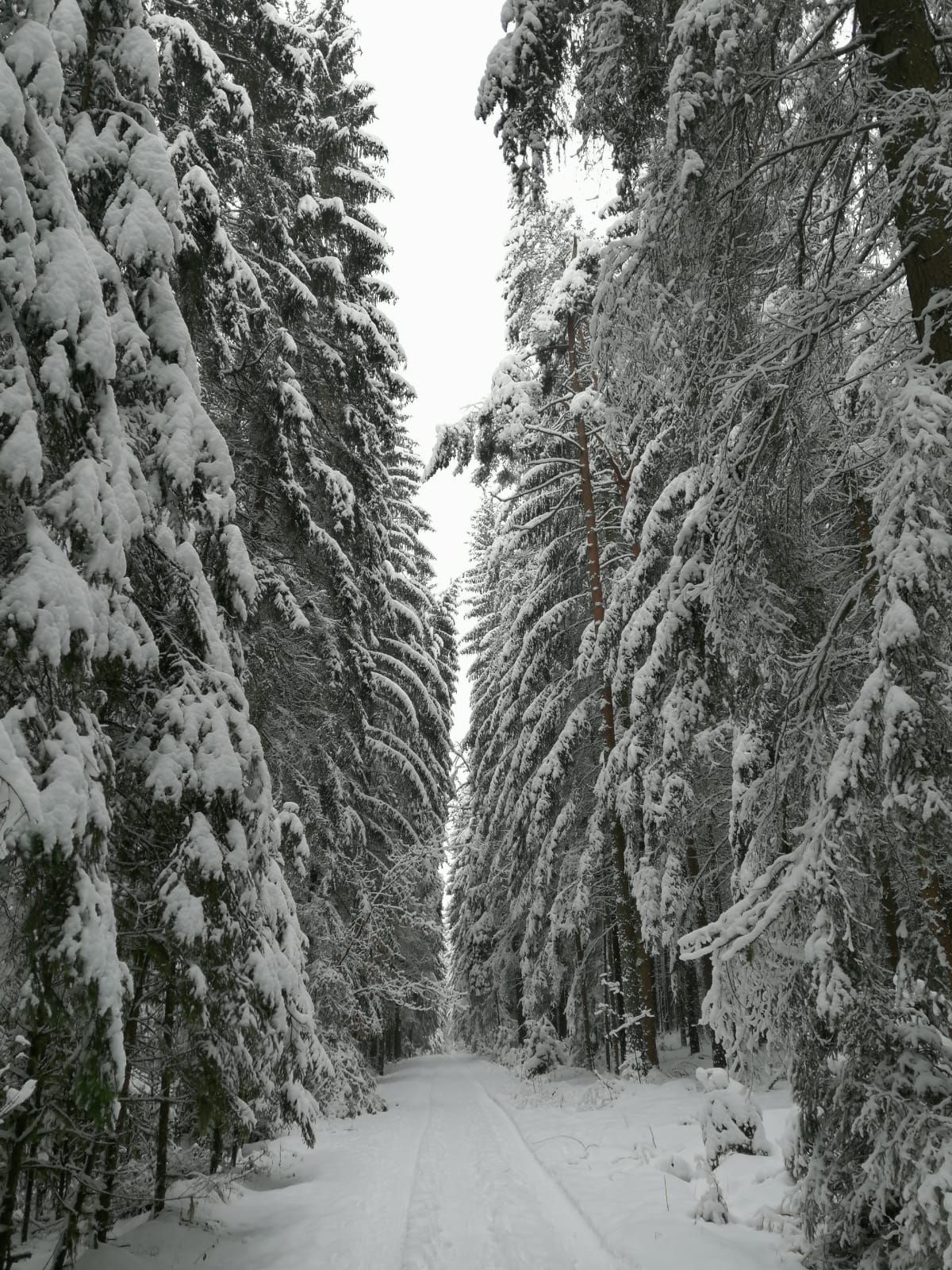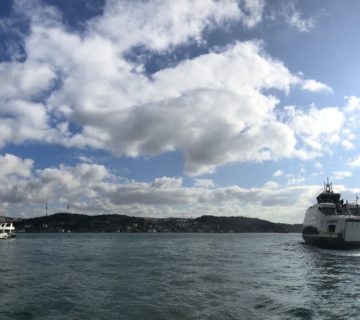All language is a longing for home, says Rumi, a famous Persian poet. In my maternal language: it means going to a house, a physical space. But what does home actually mean. It begs questions of who we are, where we come from and what we want to become and leave behind.
Is home a physical place? Now that I lived in over 11 countries on 4 continents, when I think of home I think of the night where I came home, riding on my bicycle. My parents’ house is right next to wheat fields and a forest. That night, I rode my bicycle home. When I entered the road towards my parents’ house with stars shining brightly in the sky, the cold air suddenly touched my skin as if I had gone through an invisible wall when leaving the protection of the houses. It was that sense of safety that I am home, where nothing would happen to me, that peace inside me, where I would feel inside me a sense of belonging.
Now, when I look back, I have no traditions anymore, no German food that I eat. I am a mix of different habits and less and less traditions. It is difficult to keep them when abroad and living among different cultures, but I also didn’t consciously pursue them. I still prefer to eat cold for dinner, which is somehow German. I love cheese and bread and sparkling water. But when you live abroad, you realize that we made the rules we are subjecting ourselves to. These rules were often made by people who are no longer among us. Hence, I pick and choose now. But what has always remained with me no matter where I want, there is one thing we are all united in: we seek for happiness. Some of try to do this with money, with having a family, with whatever culture tells you. None of this turned out to be true for me. Home is where your heart is. I have re-created that moment of total inner peace when I was riding on my bicycle that night. But there is still no place like home, and you know why? Because it always feels like coming home to yourself.




